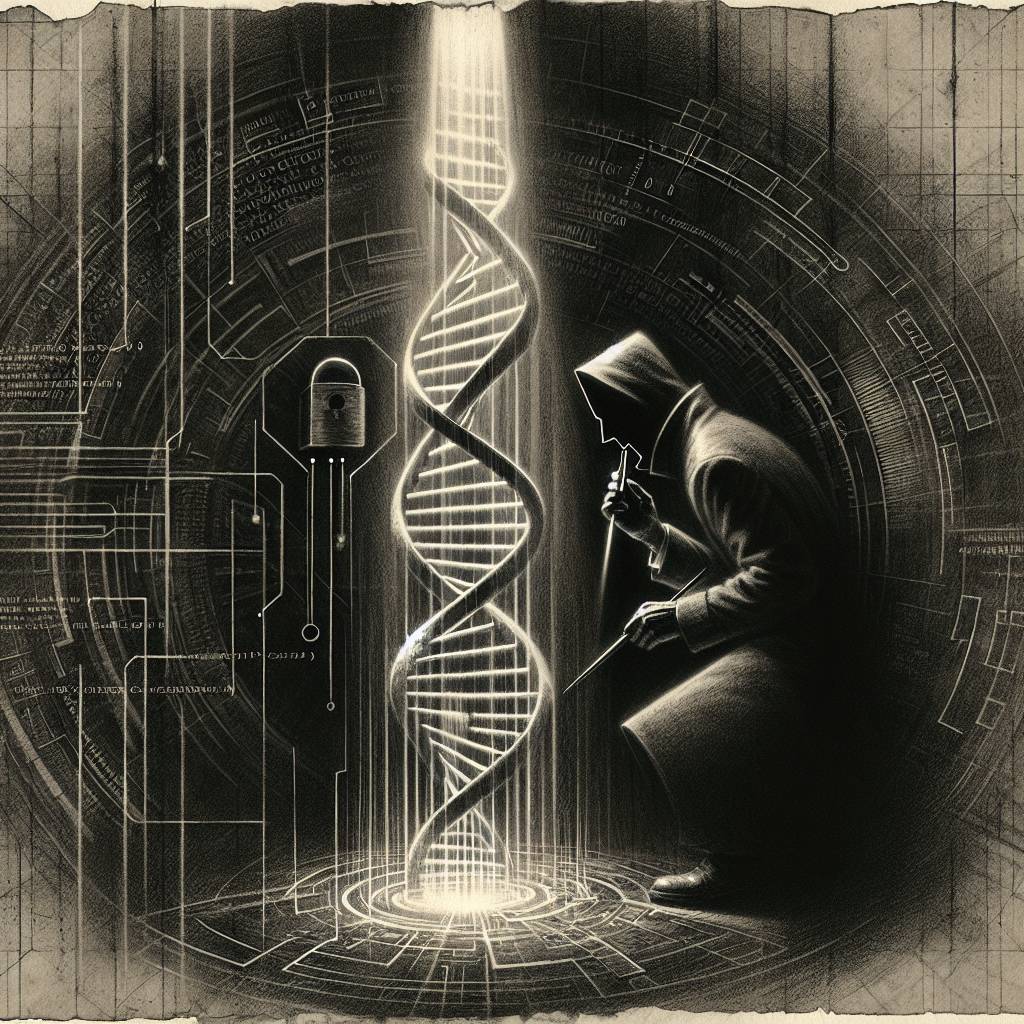Hackers Targeting Your DNA: The Alarming Rise of Genetic Data Theft
Hackers have set their sights on genetic data, turning DNA into the latest cyber treasure. As genetic testing gains popularity, this sensitive information is a prime target for identity theft, fraud, and even bioterrorism. To protect your genetic blueprint, stay informed and advocate for stricter security measures. Remember, it’s not just your genes—it’s your future.

Hot Take:
Who knew DNA would be the latest trend on the dark web? Just when we thought hackers couldn’t get any more invasive, they’ve gone from stealing our passwords to practically cloning us. Genetic data is the new currency, and it seems our chromosomes are more valuable than credit card numbers. If only knowing your ancestry came with a side of guaranteed privacy!
Key Points:
- Genetic data is becoming a prime target for hackers due to its high value and long-term utility.
- Many genetic testing companies have insufficient security measures, making them easy targets for cybercriminals.
- Genetic data theft can lead to identity fraud, insurance scams, and potentially even bioterrorism.
- Ethical and legal challenges arise as genetic data attacks increase, with current laws lacking teeth.
- To protect genetic data, companies and individuals must adopt stronger security protocols and increase public awareness.
Already a member? Log in here
